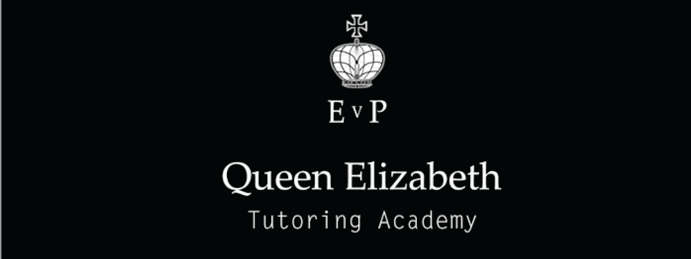How to Build Long-Term Academic Success

Your university years may seem a long time away, but what you team and do now win directly affect your long-term academic success. Most students in high school learn to focus on short-term goals—they aim to study and succeed on quizzes and exams, sports, and homework. These involve focusing on the materials taught in class than reviewing notes, and finally taking a test. However, there is a great need for high school students to learn the importance of long-term academic success and how to achieve it. Students are at a crucial developmental stage where what they learn and act upon will directly influence how they respond to challenges in university. This type of education will prove vital for transitioning to university and doing well after high School.
We provide tutoring, academic coaching, to build foundations for your children. To enquire, visit us: Math tutoring.
Implement the following study habits and learn how to set achievable goals. What you do here will carry over to university, and will make your chances of long-term academic success mare realistic and feasible! Let me share with you the key strategies for long-term academic success:
Strategy 1: Set Up a “Road Map” of Goals
In order to know where you want to go and what you want to achieve, you can begin by writing out a ‘Road Map° of your long-term goals. The key to success is to be as specific as possible. Writing your goals down is the first step towards commitment for long-term academic success.
What are your long-term goals? Set goats based on something that is very important to you To assist you in writing out a °Road Map,’ complete the attached “Build Your Academic Road Map” as a personal plan-of-action focusing on your long-term academic goals. This is a template to help you solidify you- academic plans for after high school.
Here is some additional advice for filling out a Road Map. After stating your goals in writing, keep them where you can see them to help remind and motivate you. Discuss your goals with Others, including family members, friends, and counsellors because talking about your goals will help you focus on how to achieve them. Focus on your personal performance throughout the “Road Map” rather than strictly outcomes. The end goal or outcome can be affected by circumstances that are beyond your control, but the performance for achieving long-term academic goals is entirely dependent on habits you can control. This way, you will be less likely to be discouraged in the face of obstacles that appear while traveling through your Road Map.

Strategy 2: Break Down the Methods for Reaching Your “Road Map” Goals
It is important to know HOW you reach your long-term goals. Try answering these questions (and write your answers down!):
i. Who: Who is involved?
ii. What: What do I want to accomplish?
iii. Where: Where can you accomplish them?
iv. When: Establish a time frame
v. Which: Identify requirements and constraints
vi. Why: Specific reasons, purposes, or tenets of accomplishing your goal.
Make sure your goal is measurable, meaning that you have concrete criteria for measuring progress towards the attainment of each goal you set. When you are able to directly measure your progress, you stay on track and are more likely to reach your goals and meet deadlines. These points are crucial for achieving academic success in university if you need to finish classwork, write papers, complete projects, and prepare presentations on time. In addition, being able to measure your goals will allow you to experience the exhilaration of achievement when you reach your goal, and that feeling will continue to motivate you to achieve more.
Strategy 3: Learn to Prioritize Your Long-Term Goals to Make Success More Likely
Remember to state your goals using positive language. For example, I will not do anything else but study in the afternoon sounds dampening. Be more motivational by rephrasing it as “I will study every afternoon for 2 hours before doing other tasks.° Set goals based on what is important to you academically. For example, if you want to go to medial school, set goals of studying biology and chemistry in college, and begin by doing well in those classes in high school where you learn the fundamental information.
To help, I will teach you how to translate a Learning Coal into “Objectives” that you can accomplish and therefore able to prioritize step-by-step.
We provide tutoring, academic coaching, to build foundations for your children. To enquire, visit us: tutoring Toronto.
